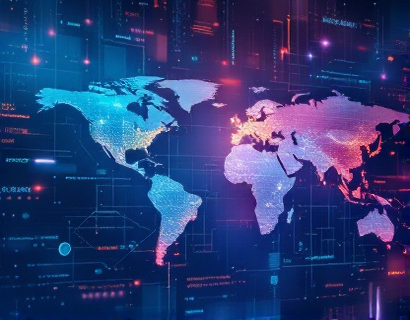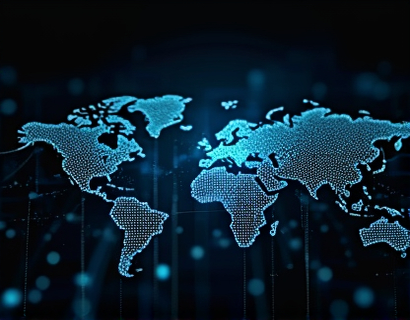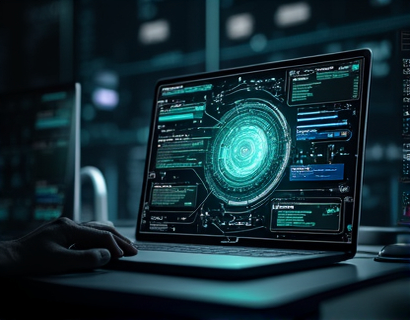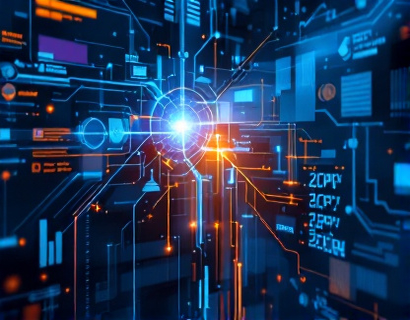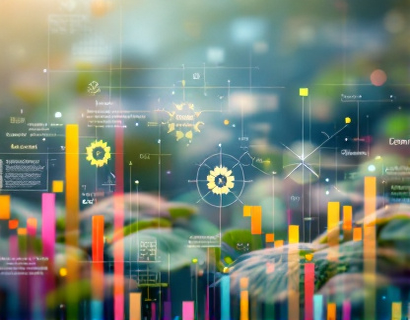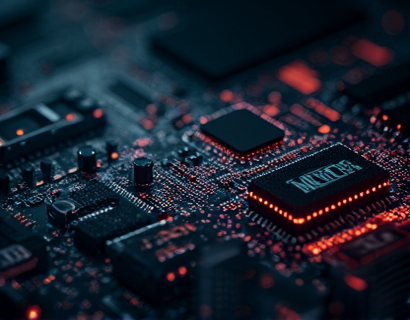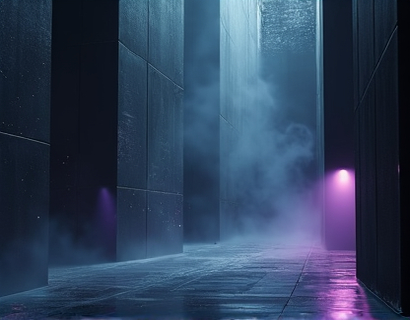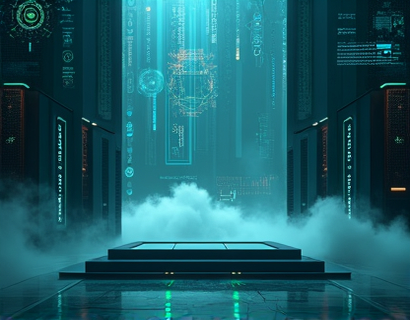Revolutionizing Online Memorial Creation with AI and Blockchain: Crafting Secure Personalized Tributes
The intersection of technology and mourning has given rise to innovative solutions for creating online memorials. The integration of Artificial Intelligence (AI) and blockchain technology has opened new avenues for crafting secure, personalized tributes that honor the memories of loved ones. This article delves into how these cutting-edge technologies are transforming the way we remember and celebrate the lives of those who have passed away, providing bereaved families and individuals with meaningful and lasting legacies.
The Need for Innovative Memorial Solutions
The process of creating an online memorial can be both emotionally challenging and technically complex. Traditional methods often fall short in providing the level of personalization and security that bereaved families desire. The rise of digital memorials has addressed some of these concerns, but the integration of AI and blockchain technology takes it to a whole new level. These technologies not only enhance the user experience but also ensure the integrity and longevity of the memorials.
AI in Memorial Creation
AI plays a pivotal role in the creation of personalized tributes by analyzing vast amounts of data to curate content that truly reflects the life of the deceased. Machine learning algorithms can sift through social media profiles, photos, videos, and personal documents to identify key moments, interests, and relationships. This data is then used to generate a comprehensive and nuanced portrait of the individual, ensuring that the memorial is both accurate and heartfelt.
Moreover, AI can assist in the writing process, crafting messages and tributes that capture the essence of the person's life. Natural Language Processing (NLP) techniques enable the creation of coherent and emotionally resonant text, which can be used in the memorial's narrative. This not only saves time but also ensures that the content is tailored to the unique personality and experiences of the deceased.
Blockchain for Security and Longevity
Blockchain technology provides a robust framework for ensuring the security and permanence of digital memorials. By storing memorial data on a decentralized ledger, blockchain eliminates the risk of data loss or tampering. Each transaction, or in this case, update to the memorial, is recorded in a block that is cryptographically linked to the previous block, creating an immutable chain of information.
This decentralized nature of blockchain means that the memorial is not controlled by a single entity, reducing the risk of censorship or unauthorized changes. Bereaved families can have peace of mind knowing that their loved one's tribute will remain intact for generations to come. Additionally, blockchain's transparency features allow for verifiable access logs, ensuring that only authorized individuals can make changes to the memorial.
Combining AI and Blockchain for Enhanced Memorials
The synergy between AI and blockchain creates a powerful tool for memorial creation. AI handles the content generation and personalization, while blockchain ensures the security and longevity of the memorial. Together, these technologies provide a comprehensive solution that addresses the multifaceted needs of bereaved families.
For instance, a user can input key details about the deceased, such as favorite quotes, hobbies, and significant life events. AI algorithms process this information to generate a draft of the memorial, which can then be reviewed and edited by the family. Once finalized, the memorial is stored on the blockchain, ensuring its preservation and security.
User Experience and Customization
The platform designed to leverage AI and blockchain technology offers a user-friendly interface that guides users through the memorial creation process. Step-by-step instructions and intuitive tools make it accessible for individuals of all technical backgrounds. The customization options are extensive, allowing families to add multimedia elements, personal messages, and interactive features to the memorial.
AI-driven suggestions can help users discover and incorporate elements they might not have considered, enriching the memorial with diverse and meaningful content. The platform also supports multilingual capabilities, making it accessible to a global audience and allowing for the inclusion of memories from different cultural perspectives.
Privacy and Ethical Considerations
Privacy is a paramount concern when dealing with sensitive personal data. The integration of blockchain technology addresses this by providing end-to-end encryption and strict access controls. Users have full control over who can view and interact with the memorial, ensuring that privacy is maintained according to their wishes.
Ethical considerations are also at the forefront of the platform's design. The system is built to respect the dignity and memory of the deceased, avoiding any commercialization or exploitation of the memorial content. The focus is on creating a space for healing and remembrance, free from intrusive advertising or data mining.
Long-Term Impact and Legacy
The combination of AI and blockchain in memorial creation not only provides immediate comfort to the bereaved but also ensures a lasting legacy for the deceased. These memorials become digital time capsules, preserving the life and legacy of the individual for future generations. The immutable nature of blockchain ensures that these memories remain untouched and accessible, serving as a source of inspiration and connection for years to come.
Moreover, the data stored on the blockchain can be used for research and historical records, contributing to a broader understanding of human experiences and societal changes over time. This dual purpose of personal remembrance and collective knowledge enhancement underscores the profound impact of these technologies in the realm of memorial creation.
Conclusion
The integration of AI and blockchain in online memorial creation represents a significant advancement in how we honor and remember our loved ones. By providing secure, personalized, and lasting tributes, these technologies offer a new dimension of comfort and meaning to the grieving process. As these solutions continue to evolve, they promise to play an increasingly important role in the way we navigate loss and celebrate life.










